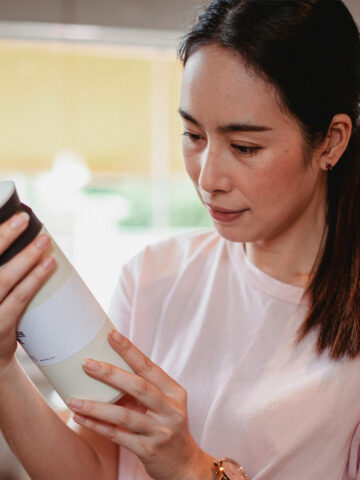
Learning to say no is an essential part of self-care, yet many of us struggle with guilt when we do. However, saying no from a place of mindfulness can help us set healthy boundaries without feeling weighed down by the fear of disappointing others.
Mindfulness teaches us to be present and connected with our inner needs. When faced with a request, it’s important to pause and check in with ourselves. How do we feel about the commitment? Does it align with our current priorities and energy levels? Practicing mindful awareness allows us to respond authentically, rather than out of obligation or pressure. This awareness can turn “no” into an act of self-compassion.
Once we’re in tune with our true feelings, we can express our boundaries with kindness and clarity. A mindful “no” isn’t harsh or defensive—it’s a simple, honest response. It’s okay to acknowledge someone’s feelings while still standing by our decision. Saying something like, “I understand that this is important to you, but I’m unable to commit at this time,” maintains respect for both parties.
It’s also essential to release the guilt that comes from people-pleasing. Mindfulness reminds us that we can’t pour from an empty cup, and saying no is a way to preserve our own well-being. When we say no without guilt, we honor our own needs while cultivating deeper, more authentic relationships with others. The more we practice, the easier it becomes to set boundaries that nourish us instead of depleting us.
By saying no mindfully, we can protect our energy and still be compassionate toward ourselves and others.




